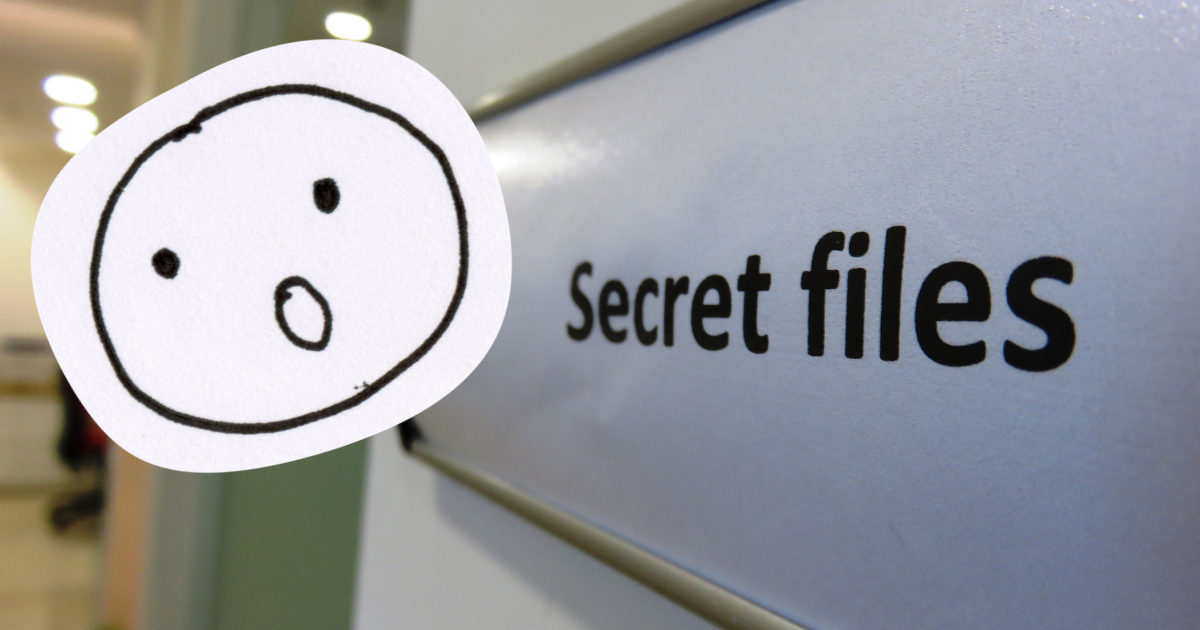High-Tech Deathcare: Software as a Service (SaaS)
COVID pretty much instantly altered the way funeral homes operate. When in-person events and services became impossible, funeral directors everywhere scrambled to get computer-savvy in a hurry. The early pandemic became a moment that introduced many in the profession to a type of versatile, widely-available technology of tremendous cost benefit to small businesses: Software as a Service (“SaaS”), and you’re probably using it in some form now.
What Is SaaS?
Software as a service, or SaaS, is a type of software (like Zoom or Gmail, to take two widespread examples) that you access and use online. The “service” part of SaaS is whatever you do with it: teleconferences (Zoom), and email (Gmail). The software is the brand you’re using: Zoom, obviously, or Gmail/Google.
Sometimes you can use the software for free, as you indeed may with Gmail or Zoom. And often with SaaS, there may be advanced tiers or levels of service available for purchase, with incrementally more bells and whistles (again, this is the case for both Gmail and Zoom).
You’ve almost certainly heard of “the cloud” by now, as a place to store your files and data. I like to think of it as the internet’s hard drive, floating out there in the sky, just like a cloud. It’s actually probably a warehouse full of enormous computer servers somewhere, but isn’t a fluffy white cloud a more peaceful image?
Here’s the point: the data you need stored/backed up is stored/backed up for you.
Great for the Little Guy
SaaS is handy, and that’s efficient. You visit a website and grab your free account or pay for the next level up, and that’s it. You don’t have to place an order and then wait days or weeks for it to be filled and delivered. Access is essentially instant.
This minimizes the technical demands upon you, the business owner, to use and benefit from the software – because it’s easy to get to. You may simply access it and use it. You don’t need extra hardware (a bunch of disks or files or external hard drives for storage) — just a device capable of loading the software. For a monthly fee, it’s someone else’s problem.
The business owner – that’s you – is spared the cost of elaborate IT staffing and hardware management. You don’t really need a computer guy, because the computer guy works for the website you’re using, and many sites have a live chat or call function available around the clock. The software provider takes care of all that. In fact, they take care of everything (because it’s a service, remember?)
They store your data (client info, for example) on their servers, which they then maintain and keep secure; it’s up to them to keep the machines up and running. They help when you have issues or questions. All the headaches of keeping the software operational are handled, round the clock, by experts. Security issue? Performance glitch? Bug fixes are identified and implemented on their end. All you need to do is accept and install the fixes.
Streaming funerals, account management, legacy pages … all SaaS.
There are plenty of ways this software model is already in wide application in funeral homes: streaming live ceremonies right from your business website. Tracking and managing cemetery plots. Scheduling events, allowing family to make arrangements remotely, entering data on the deceased. Ordering flowers or keepsakes. Planting trees, posting pics and videos, hosting legacy memorial guestbooks. There’s SaaS in place for completing pre-need arrangements, including paying for them (and any other service), and there are SaaS options to direct clients toward legal guidance, grief therapy, and virtual visitation rooms.
It might be useful to ask around to see what solutions trusted colleagues have found success in using; having the guidance of someone familiar with a service or an application makes for an easier introduction. COVID restrictions are lifting, but that doesn’t necessarily mean that families will want to give up the convenience we discovered doing everything online.
The more you know…




